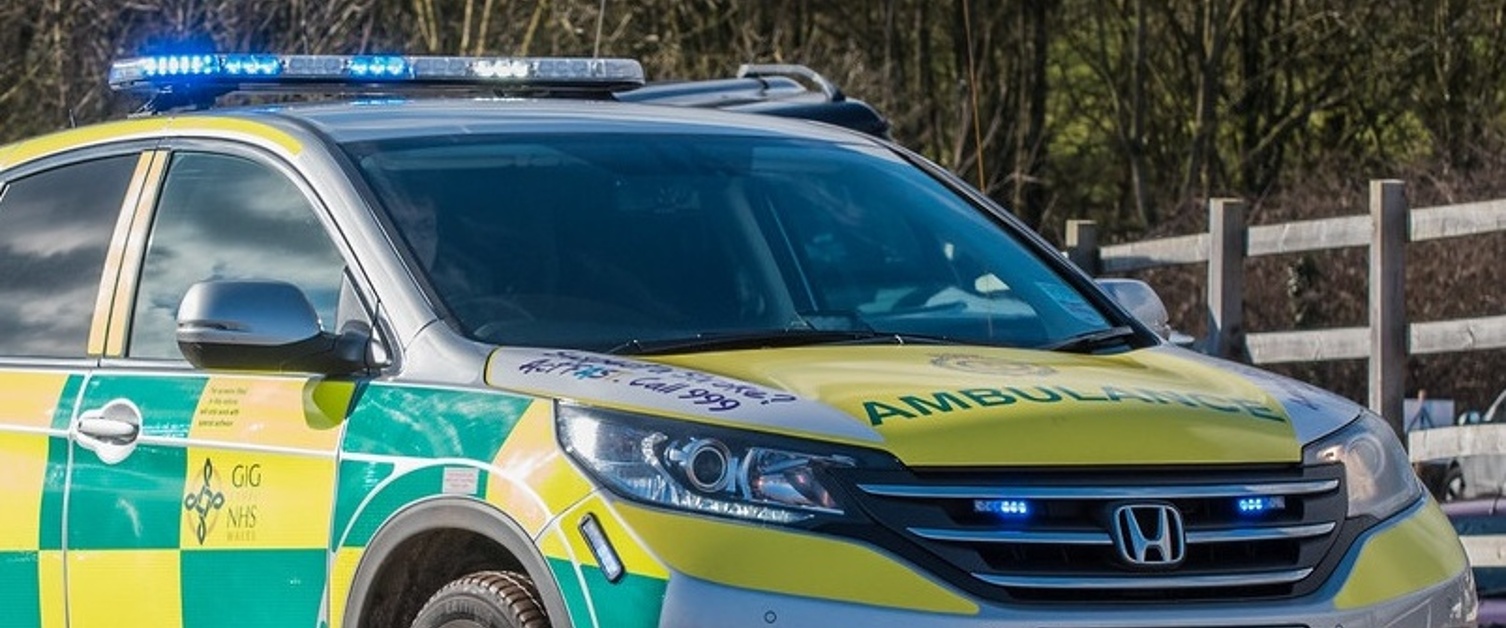New Enhanced Road-Based Care Service Planned for Remote Rural and Coastal Parts of Wales

28 November 2024
Implementation of a dedicated road- based emergency service for remote rural and coastal areas in mid and north Wales is making progress within the NHS Wales Joint Commissioning Committee.
The NHS Wales Joint Commissioning Committee (NWJCC) is committed to advancing patient care and improving ambulance services across Wales which is where it considered the progress on the implementation of Recommendation 4 of the Emergency Medical Retrieval and Transfer Service (EMRTS) Review at its meeting this month.
The new service will create a specialised road-based care service for remote rural and coastal areas in mid and north Wales. It will be in addition to the ambulance service and the air ambulance service.
The new planned service addresses concerns raised during public engagement about ambulance responses for conditions that do not require EMRTS' highly specialised pre-hospital critical care.
Key aspects of the new service will be:
- 24/7 Service: Advanced response vehicles positioned to cover remote rural and coastal areas in mid and north Wales.
- Enhanced Care: Highly trained staff to provide advanced medical care, beyond standard ambulance services, focusing on critical conditions.
- Monitoring Performance: Key indicators like life-saving interventions and patient feedback tracked to continually improve the service.
This development is from a recommendation that emerged from the EMRTS Review and aims to address gaps in ambulance response for non-critical, but high-acuity cases.
The EMRTS are the clinical teams of NHS Wales that work with the Wales Air Ambulance Charity to provide the partnership air ambulance service across Wales.
NHS Wales’ Joint Commissioning Committee – working with and on behalf of the seven Health Boards in Wales – has oversight of the progress of the work to implement Recommendation 4 from the EMRTS Review.
In April 2024, a Task and Finish Group was formed to develop a commissioning proposal, focusing on operational models, clinical criteria, and the infrastructure needed.
Colleagues from Health Boards, the Welsh Ambulance Service (WAST), and EMRTS have contributed to this work.
The proposed service aims to enhance existing ambulance responses with specialised care that have been set out in ‘Commissioning Intentions’.
Commissioning is the process by which health and care services are planned, purchased and monitored and ‘Commissioning Intentions’ are the requirements issued by Commissioners, to service providers.
Recommendation 4 focuses on developing a commissioning proposal for a bespoke road-based enhanced and/or critical care service in remote rural and coastal areas.
Importantly, it is an additional emergency service development that will work as part of the emergency ambulance service for these remote rural and coastal communities.
At its latest meeting, the Committee reviewed and discussed the findings of the Recommendation 4 Task and Finish Group report and endorsed draft Commissioning Intentions and delivery criteria.
In summary, the Commissioning Intentions focus on:
- 24/7 service targeting rural, remote, and coastal populations.
- Respond to a broad range of high-acuity conditions to improve outcomes.
- Ensure necessary staff, clinical standards, and technology are in place.
These Commissioning Intentions will now be shared with the Welsh Ambulance Services University NHS Trust to develop a comprehensive delivery model for consideration at a future JCC meeting early in 2025.
Any public engagement will follow once the detailed delivery model is set out by the Welsh Ambulance Services University NHS Trust for endorsement by the Committee.